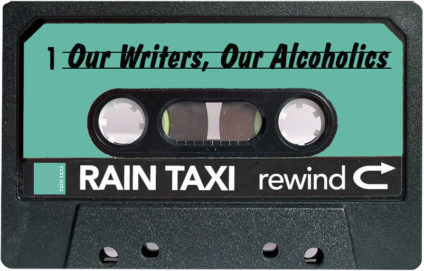 In nearly every context, being an alcoholic is considered a bad thing. This is not news. But when it comes to creative fields, especially writing, the term often starts to gather connotations that are far less negative; we can still look at it as “bad,” but there’s no question that we romanticize the alcoholic writer. In fact, with certain authors, their drinking problems become part of their lore, an essential part of what makes them the creative geniuses we believe them to be. And even on a more anonymous level: what amateur writer hasn’t tried sitting at the computer late at night with a stiff drink, hoping to channel the bravado of a Kerouac, Hemingway, or Dorothy Parker? (I know I’ve tried that experiment. Suffice to say I did not immediately begin producing my magnum opus.)
In nearly every context, being an alcoholic is considered a bad thing. This is not news. But when it comes to creative fields, especially writing, the term often starts to gather connotations that are far less negative; we can still look at it as “bad,” but there’s no question that we romanticize the alcoholic writer. In fact, with certain authors, their drinking problems become part of their lore, an essential part of what makes them the creative geniuses we believe them to be. And even on a more anonymous level: what amateur writer hasn’t tried sitting at the computer late at night with a stiff drink, hoping to channel the bravado of a Kerouac, Hemingway, or Dorothy Parker? (I know I’ve tried that experiment. Suffice to say I did not immediately begin producing my magnum opus.)
The link between alcohol and writing gets twisted and flipped around in this way. Your favorite author probably didn’t drink because he thought it made him a better writer. He or she probably drank to self-medicate, to cope with the same internal struggle or discontent that ended on display through their literary work. So maybe there is a link: writing, like drinking, can often serve as the coping mechanism, though it’s quite clear they exist on opposite sides of that coin. We like our alcoholic writers because, whether we admit or not, we often like to see authentic struggle from people who write about it. So yes, alcohol and writing will forever be linked. Just don’t expect to use one to make you better at the other . . . Trust me.
Rain Taxi’s best alcohol-themed pieces:
Review by Matthew Schneeman of What Did I Do Last Night? by Tom Sykes (Winter Online 2006/2007)
Review by Matthew Schneeman of The Trip to Echo Spring by Olivia Laing (Spring Online 2014)

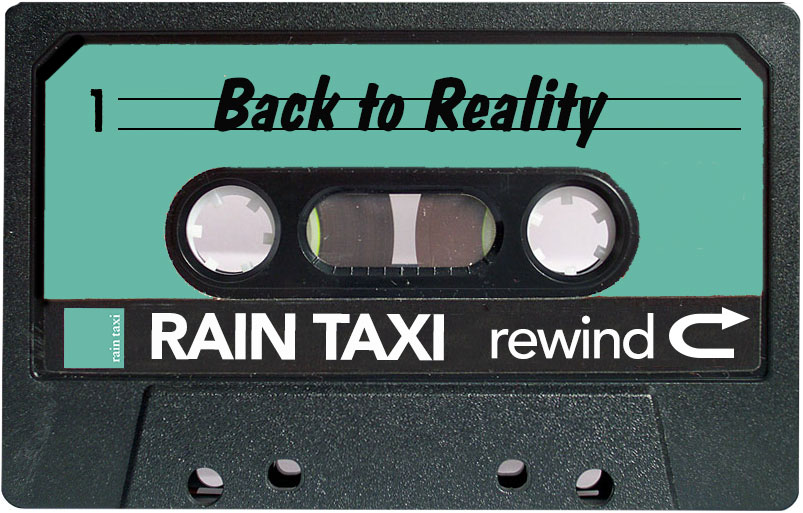 When you make your living working with fiction, every now and then you start to crave something “real.” It’s a deeper feeling than one that’s fixed by a simple switch to reading nonfiction for a while; it’s got more to do with the task itself, the editing, the reading, the beginning with a story and the fact that no matter how well it’s constructed or fixed, that’s what it will be at the end too. There’s something to the idea of creation or discovery that exists only metaphorically in the world of literature but is thankfully quite real in other disciplines.
When you make your living working with fiction, every now and then you start to crave something “real.” It’s a deeper feeling than one that’s fixed by a simple switch to reading nonfiction for a while; it’s got more to do with the task itself, the editing, the reading, the beginning with a story and the fact that no matter how well it’s constructed or fixed, that’s what it will be at the end too. There’s something to the idea of creation or discovery that exists only metaphorically in the world of literature but is thankfully quite real in other disciplines.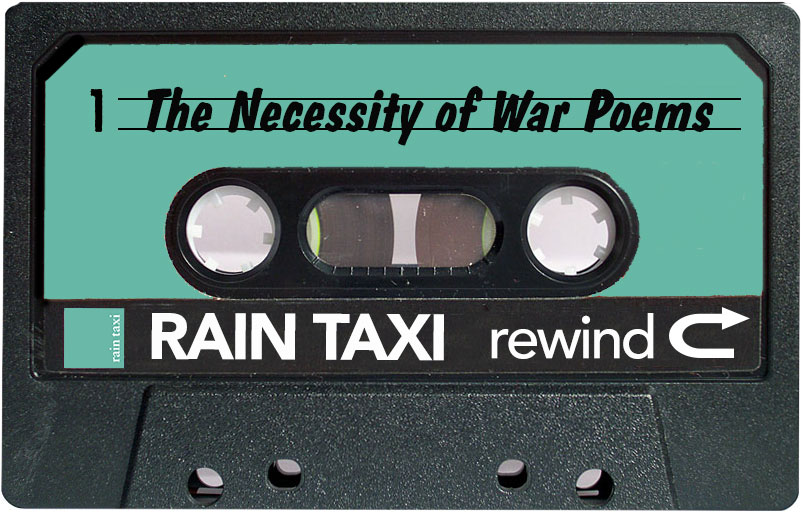 For most of us, war exists in our minds as something far away. We hear things, terrible things, but they’re always secondhand, diluted by geography and reporting and the simple fact that for over a decade now, our country has been vaguely and continually “at war.” It’s no longer new, to the point that it’s practically tedious to think about. War has shifted from a terrible finite event to a national state of being.
For most of us, war exists in our minds as something far away. We hear things, terrible things, but they’re always secondhand, diluted by geography and reporting and the simple fact that for over a decade now, our country has been vaguely and continually “at war.” It’s no longer new, to the point that it’s practically tedious to think about. War has shifted from a terrible finite event to a national state of being.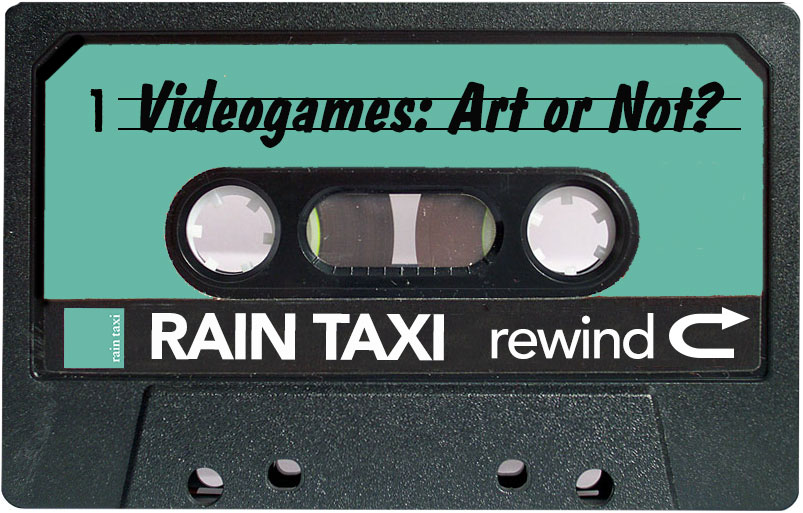 Unless you were on your ninth straight hour of bingeing the newest Harry Potter book your parents probably didn’t need to demand that you put a book down and do something worthwhile. Reading, we can all agree, is worthwhile; it’s a direct interaction with a piece of art, or an entry point to new ideas or perspectives, an expansion of our minds and imaginations, and often all of the above. It is “good for us.” Films and television shows occupy a similar cultural space, with obvious caveats regarding artistic quality. From these perceptions come the markets for reviews and academic criticism, and the whole bevy of ways we make art a part of our cultural conversation.
Unless you were on your ninth straight hour of bingeing the newest Harry Potter book your parents probably didn’t need to demand that you put a book down and do something worthwhile. Reading, we can all agree, is worthwhile; it’s a direct interaction with a piece of art, or an entry point to new ideas or perspectives, an expansion of our minds and imaginations, and often all of the above. It is “good for us.” Films and television shows occupy a similar cultural space, with obvious caveats regarding artistic quality. From these perceptions come the markets for reviews and academic criticism, and the whole bevy of ways we make art a part of our cultural conversation.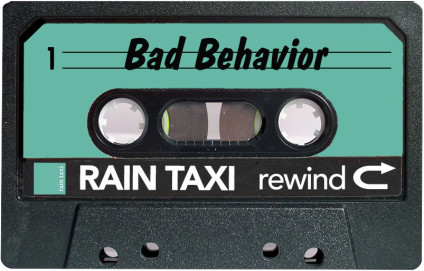 Here’s a question the public typically reserves for our pop artists and athletes: how do we expect our writers to behave? My initial answer would have been, well, nothing; I don’t look for anything from a writer outside of his or her work. But just as this isn’t true when Americans talk about rap stars and football players, it’s not quite true for our Great American Novelists and Poets, either. Readers love a good eccentric; we want our writers to act up a little bit, to display the unique mind that created a book we love—but not too much. It’s why we love a good artist biography: we can look at a writer’s life and roll all the weirdness and repellent behavior into a persona that becomes as noteworthy a contribution as any book the author writes. Think of what you love about Hemingway, or Virginia Woolf. How quickly does your mind turn from their books to the person? Same with Salinger or Harper Lee, both of whom are intriguing because of how little we saw of them.
Here’s a question the public typically reserves for our pop artists and athletes: how do we expect our writers to behave? My initial answer would have been, well, nothing; I don’t look for anything from a writer outside of his or her work. But just as this isn’t true when Americans talk about rap stars and football players, it’s not quite true for our Great American Novelists and Poets, either. Readers love a good eccentric; we want our writers to act up a little bit, to display the unique mind that created a book we love—but not too much. It’s why we love a good artist biography: we can look at a writer’s life and roll all the weirdness and repellent behavior into a persona that becomes as noteworthy a contribution as any book the author writes. Think of what you love about Hemingway, or Virginia Woolf. How quickly does your mind turn from their books to the person? Same with Salinger or Harper Lee, both of whom are intriguing because of how little we saw of them.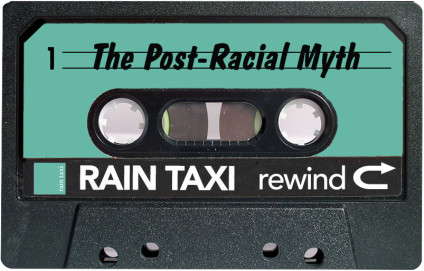 “When the president of the most powerful country in the world doesn’t need to care what the facts are, then we can be sure we have entered the Age of Empire.” This is Arundhati Roy, as quoted in a 2014 Rain Taxi review of Joseph Hutchison’s poetry collection Marked Men. The “facts,” as they relate to the Hutchison poems, concern the racial prejudice surrounding the infamous Sand Creek massacre, which Hutchison takes as his subject. This event took place in 1864, but the racial undertones of the tragedy and the concurrent ignoring of “facts” feel familiar enough to have happened this year.
“When the president of the most powerful country in the world doesn’t need to care what the facts are, then we can be sure we have entered the Age of Empire.” This is Arundhati Roy, as quoted in a 2014 Rain Taxi review of Joseph Hutchison’s poetry collection Marked Men. The “facts,” as they relate to the Hutchison poems, concern the racial prejudice surrounding the infamous Sand Creek massacre, which Hutchison takes as his subject. This event took place in 1864, but the racial undertones of the tragedy and the concurrent ignoring of “facts” feel familiar enough to have happened this year.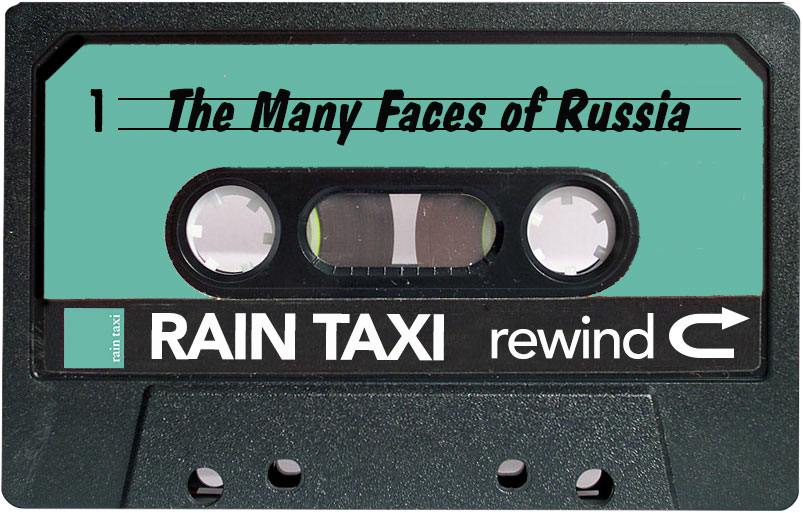 It’s never been simple for Americans to picture Russia. One second we’re thinking of it warmly as a key ally in the Second World War, and an instant later it’s the frosty enemy in the Cold War. The Soviets are the opposing team in our country’s sports contest, the bad guys in our favorite spy movies; and yet Russia has also given us writers like Tolstoy, Dostoyevsky, and Chekhov, authors American book lovers can’t get enough of. We cringe at images of Russian citizens waiting in line for goods; we simultaneously demonize their leaders and police. An episode of Family Guy once famously depicted the entirety of Russia’s citizens as bears in hats on unicycles.
It’s never been simple for Americans to picture Russia. One second we’re thinking of it warmly as a key ally in the Second World War, and an instant later it’s the frosty enemy in the Cold War. The Soviets are the opposing team in our country’s sports contest, the bad guys in our favorite spy movies; and yet Russia has also given us writers like Tolstoy, Dostoyevsky, and Chekhov, authors American book lovers can’t get enough of. We cringe at images of Russian citizens waiting in line for goods; we simultaneously demonize their leaders and police. An episode of Family Guy once famously depicted the entirety of Russia’s citizens as bears in hats on unicycles.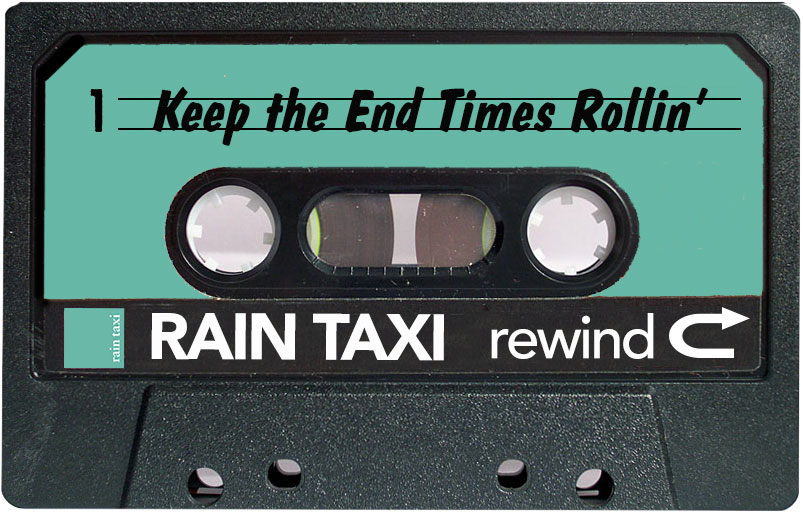 Here’s a word that’s both specific and open-ended at once: apocalypse. A vast majority of people from all walks of life agree that, at some point, the world as we know it will end. It’s a concept embedded into our religious imagery, our political hyperbole, and our art, and as we learn increasingly more about our natural environment and the effects humans are having on it, it’s become an all-too-real theme in our science too. Exactly how we will meet humanity’s collective “end,” though, is where the theories branch out to reflect the great diversity of our world. We’re all just guessing. And we’ve had a lot of time to think about it.
Here’s a word that’s both specific and open-ended at once: apocalypse. A vast majority of people from all walks of life agree that, at some point, the world as we know it will end. It’s a concept embedded into our religious imagery, our political hyperbole, and our art, and as we learn increasingly more about our natural environment and the effects humans are having on it, it’s become an all-too-real theme in our science too. Exactly how we will meet humanity’s collective “end,” though, is where the theories branch out to reflect the great diversity of our world. We’re all just guessing. And we’ve had a lot of time to think about it.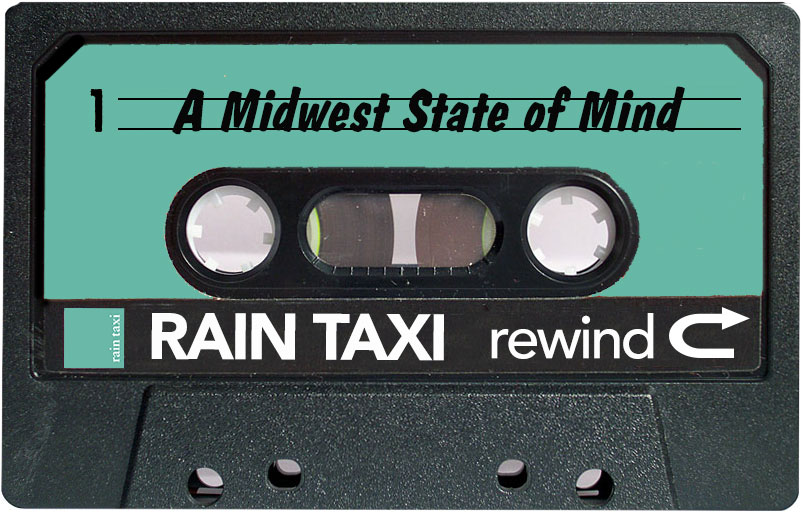 Quick: where do writers live?
Quick: where do writers live?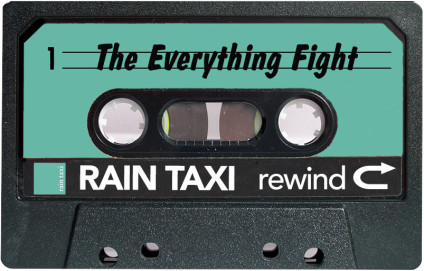 In a presidential election cycle that has been wild and controversial, something really unexpected just happened, and in the window of time before candidates, parties, and pundits could come up with their practiced talking points on it, we got an unfiltered look at many of the true fears, motivations, and stances underpinning this election and our political system as a whole.
In a presidential election cycle that has been wild and controversial, something really unexpected just happened, and in the window of time before candidates, parties, and pundits could come up with their practiced talking points on it, we got an unfiltered look at many of the true fears, motivations, and stances underpinning this election and our political system as a whole.